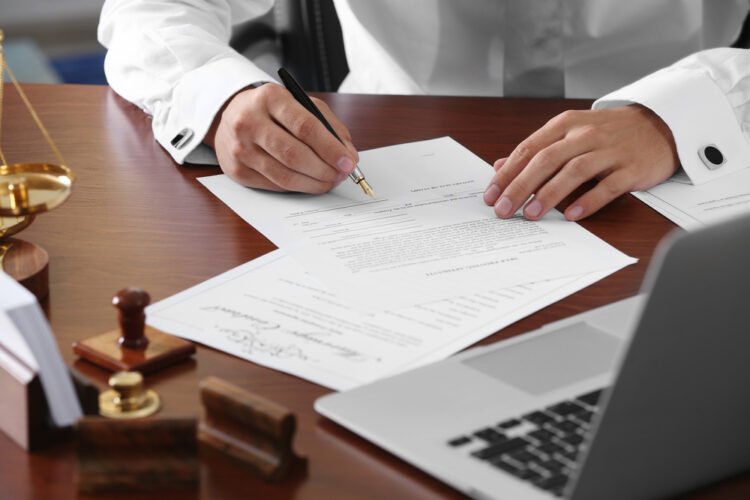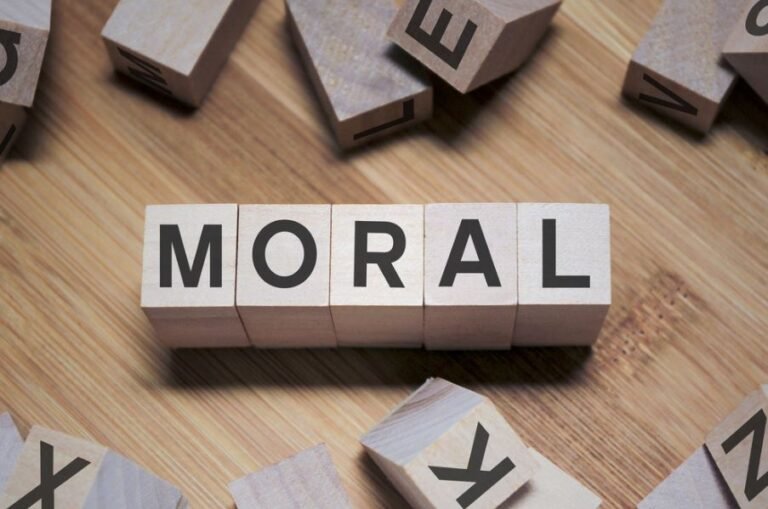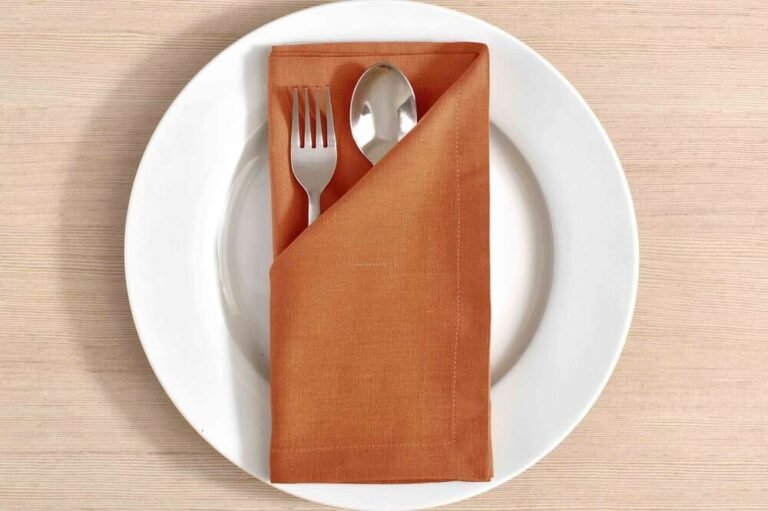Who Gets Possession of My Items if I Die Without Making a Will?

Losing a loved one is hard enough without having to stress about what will happen to their belongings. Personal possessions often hold sentimental value or remind us of that person. Many wonder what happens to these treasured items when someone dies without a last will.
This is where North Carolina’s intestacy laws kick in to determine inheritance. While these laws aim to distribute property fairly, the outcome may not reflect your loved one’s wishes for their belongings. Without clear instructions, disputes can arise among family members over who gets what.
How Intestate Succession Laws Work in NC
Without clear instructions in a will, your personal property becomes part of the probate estate. The court will appoint an administrator or executor to manage the estate. This personal representative inventories assets pays any outstanding debts and taxes and eventually distributes the property to heirs according to intestacy laws.
Depending on your relationship with the deceased person, you may inherit some or none of their tangible personal property under state law. Possessions like household goods, clothing, jewelry, vehicles, and other personal effects are distributed along with the rest of the probate assets.
Every state has intestacy statutes that spell out who inherits assets from someone who dies without a will. The laws set out a hierarchy starting with the surviving spouse and children. Other relatives like parents, siblings, nieces, and nephews are next in line. If there are no surviving family members, the state claims the property.
In North Carolina, the specifics vary depending on your family situation:
- If your spouse survives you but has no children, your spouse inherits your entire estate under intestacy law.
- If you have a spouse and children, your spouse receives the first $60,000 plus half of the remaining estate. Your children split the other half.
- If you’re single with children, your children share equally in your estate.
- If no spouse or descendants exist, your parents inherit your estate.
- If you have no living parents, your assets will go to siblings, nieces and nephews, grandparents and their descendants, and so on down the family line.
The critical point is that state law dictates who gets your possessions, not your preferences. Without a will, you lose control over which items go to loved ones, and which go to distant relatives you may not even know.
Role of the Court-Appointed Personal Representative
When someone dies without a will, the probate court will appoint a personal representative, an administrator or executor, to manage the estate. This person’s duties include:
- Notifying beneficiaries and creditors
- Making an inventory of assets and property
- Using estate funds to pay any outstanding debts, taxes, and expenses
- Selling assets if necessary to raise funds
- Eventually, distributing whatever remains to heirs according to state law
- Closing out the estate after all tasks are complete
The personal representative must provide regular reports and accountings to the probate court throughout the process. This oversight is meant to prevent disputes over the administration but can also lengthen the probate process.
What Happens to Specific Personal Possessions
The personal representative is bound by intestacy law when distributing personal property without a will. Here are some common scenarios showing what happens to particular possessions:
Cash and Bank Accounts
Any cash, checking, or savings accounts become part of the probate estate. They are used to pay debts and taxes first, and then whatever remains goes to heirs under intestacy statutes.
One exception is bank accounts that have a payable-on-death or transfer-on-death beneficiary named. Those accounts would pass directly to beneficiaries and avoid probate.
Household Items and Furniture
Personal household possessions and furnishings are distributed to heirs according to intestacy laws. Without specific bequests made in a will, there is no way to give certain items to chosen individuals. They are divided according to state statutes.
Jewelry and Collectibles
Like other personal property, these items become part of the probate estate. They will be distributed to heirs based on the state’s default inheritance order. An exception would be if the items were owned jointly or had a transfer-on-death provision.
Vehicles
Cars, trucks, motorcycles, boats, and RVs that are solely owned become probate assets. They are sold by the personal representative if needed to pay debts or distributed to heirs per intestacy rules.
To avoid this, vehicles can be titled jointly or with transfer-on-death designations. Those options let the surviving owner or named beneficiary take possession directly.
Digital Assets and Accounts
Online assets like social media, emails, photos, or domain names are treated differently. Access depends on each platform’s terms of service for deceased users.
Laws on inheriting digital assets are still evolving. Estate planning allows you to provide clear, legally authorized instructions for handling online accounts and investments.
As this overview shows, dying without a will means losing control over your possessions. State law dictates who inherits what. Now, let’s look at how proper planning can avoid complications.
How to Avoid Problems for Your Heirs
Unfortunately, when a loved one dies without an updated will or trust, it often creates unnecessary problems for family members. Here are some ways to avoid this through proper estate planning:
Make a Will Specifying the Distribution
A last will is the only way to override state law and decide who inherits your tangible personal property. Your will can make specific bequests, leaving certain items to named individuals. The provisions express your wishes and avoid disputes.
Set Up Non-Probate Transfers
Property that passes outside of probate avoids intestacy laws. Joint tenancy with rights of survivorship allows real estate or vehicles to pass directly to the surviving owner.
Payable-on-death designations on bank accounts, investment accounts, and vehicle titles let the assets go straight to beneficiaries and sidestep probate. Transfer-on-death deeds accomplish the same for real estate.
Give Gifts Now
You can ensure particular personal possessions go to loved ones by gifting items during your lifetime. Once given away, those items are not subject to probate or intestacy laws. Lifetime gifts let you see loved ones enjoy the items now.
Work with an Estate Planning Attorney
Collaborating with an estate planning attorney experienced in wills, trusts, and estate planning allows you to craft a plan reflecting your wishes. They can help you minimize probate and disputes and prevent your possessions from being distributed arbitrarily under state law.
The bottom line is dying without an updated will or living trust subjects your will to state intestacy law. Your possessions will likely be divided among relatives without regard to your preferences. Please don’t leave your legacy to chance. Proper planning lets you control what happens to unique items and meaningful personal belongings.
Losing someone is never easy, especially when their wishes for belongings are unclear. Proper planning ensures your items remain in the family or go to loved ones as you desire. To discuss your estate plan for private property, contact Donaldson Law Firm PLLC. Their attorneys serve Wilmington, Southport, Hampstead, and surrounding areas.
Visit https://www.donaldsonlawilm.com/ for more information today.






